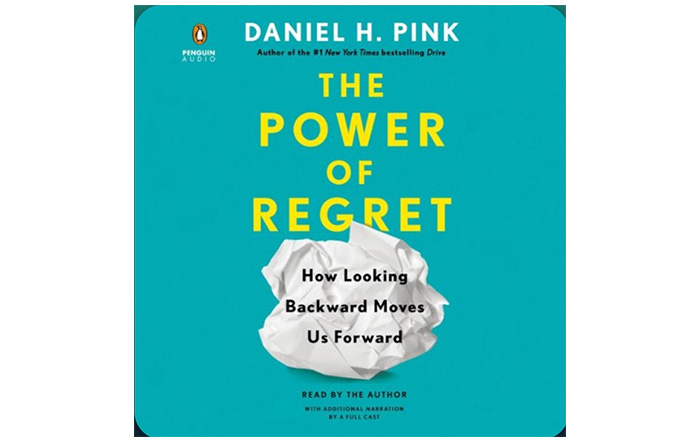Where to find this idea:
The Power of Regret: How Looking Backward Moves Us Forward by Daniel H. Pink
We’ve all found ourselves there, haven’t we? Reflecting on past events and pondering how they could have turned out differently. This journey through the realm of “at leasts” and “if onlys” is actually a fascinating aspect of our thinking called counterfactual thinking. It’s like a little time machine in our minds, allowing us to imagine different outcomes to past events. This process touches our emotions and shapes our learning. It can benefit us, but it can also bring us down.
Let’s examine a common counterfactual among athletes, one we can all relate to: the thrill of defeat and the agony of victory.
The athletes who win the bronze medal are usually happier than silver medalists. Why? Because bronze medalists think to themselves “at least I won a medal.” Meanwhile, silver medalists think “if only I won gold.” It sounds irrational, but people who perform better end up feeling worse. Research has even shown that when receiving the medal, gold medalists smile the most, but what’s more interesting, bronze medalists smile more than silver medalists
And this is how we approach things in life, too. We often don’t see how far we have come because we compare ourselves to others and play the “if only” game, imagining how things could have gone better. “If only” thinking is known as the upward counterfactual. While it can help us learn from past experiences and give us opportunities for growth, it can also make us feel bad about ourselves by eliciting feelings of regret, self-judgment and disappointment.
Because “if onlys” bring discomfort, humans choose the comfort of “at leasts.”
Everytime we think “at least,” we use downward counterfactuals. Imagining how situations could have been worse evokes the feelings of gratitude and satisfaction. But as with “if onlys,” “at leasts” have negative sides. They can limit our learning and make it harder to get out of our comfort zones.
So, which medal do you choose — silver or bronze?

